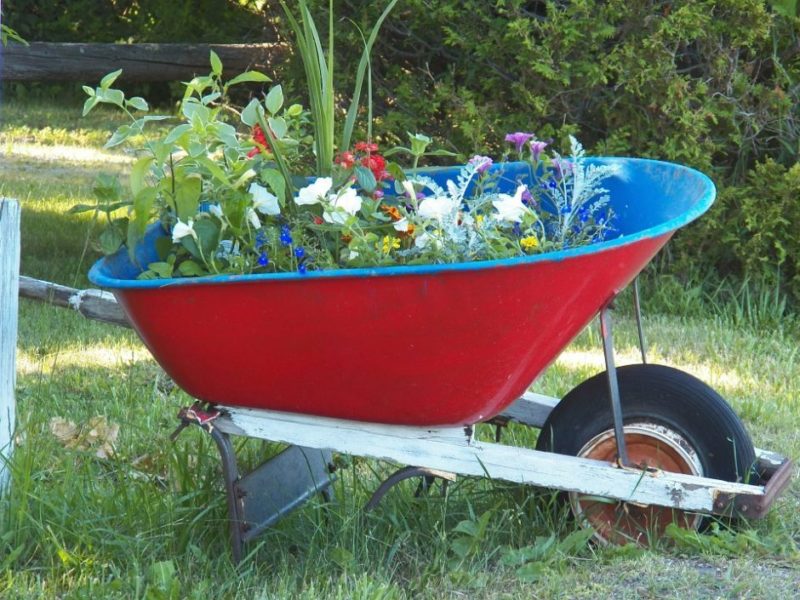Emmanuel Tutu: Football Star, Visual Artist and Philanthropist
For Emmanuel Tutu, using art as a medium to benefit the wider society is a divine calling. As Joseph Ondiek writes, Tutu is using a percentage of his art sales proceeds to help Rwandan children to get education and to also buy health insurance poor women.
“I believe that everybody should use his or her talent, a God-given gift, to right what’s wrong in society. I identified the education of children, particularly girl-child education, as my priority area and now I have many of them I have put through education,” Tutu told Chwezi Traveller in an interview in Kacyiru, a Kigali suburb.
Tutu says it’s the travails of his parents that set him on the path of philanthropy. His parents escaped to the Democratic Republic of Congo (DRC) in 1959 during the volatile period of that time. There were sporadic ethnic conflicts pitting the two dominant communities in Rwanda that later culminated in the atrocious 1994 genocide against the Tutsi.
A top-flight footballer
Born in Uganda, Tutu’s early passion was football where he played in Uganda’s top division. But despite that, he always wanted to come back to his motherland after peace was restored. His mother came back to Rwanda 1997.
Tutu’s father died in 1990 and a widowed mother raised the family. His family was composed of seven siblings, five boys and two girls. The mother went back to Uganda but came back in 2005 with some of her children.
As a self-made painter, Tutu says when he came back to Rwanda in 2006, at first he didn’t know what he was going to do for a living. He came back with the family to play football, but after suffering an injury, “we went back to Uganda.”
When he finally relocated to Rwanda in 2006, he managed a music production studio owned by his young brother. The company also was running Narrow Ministry, an orphanage based in Kigali.
Later, he met Innocent Nkurunziza who at the time was a budding painter at Rwanda’s pioneer contemporary art center called Ivuka Art Center in Kacyiru, Kigali, established by renown Ugandan painter, Collin Sekajugo.
Nkurunziza and his brother Emmanuel Nkuranga established Inema Art Center in 2012 where he joined them to become one of the resident artists.
And things have looked up for him since then.
“I have done group exhibitions at the US Embassy in Kigali, the United Nations in Kigali, the Rwanda Museum, Jumelage Rhineland in Kigali and different hotels and restaurants in Rwanda. In 2016, I did an exhibition at Biennale de Dakar Xll in Senegal. I have also been sending my artwork to the United States, Scotland and Speyer in Germany,” Tutu says.
He says that in the recent years, his work has received a lot of recognition. “My deep passion for art, which I started when I was a young boy, has also made me to do philanthropic work such as helping disadvantaged children with school fees to go to school, and buying the coveted health insurance, Mutuelle de Sante, for vulnerable women,” Tutu adds.
A heart for the disadvantaged
He says that he has a big heart for humanitarian projects, adding that he puts aside 20 per cent of the money he gets from selling his art pieces to support schoolchildren and women.
“Part of my sold paintings have contributed to far-flung projects in Home for Love in Haiti, Narrow Ministry Rwanda and my own initiative called Tutu Foundation Ministry, which helps disadvantage families,” he says.
Tutu says while his passion is painting African stories, he draws most of his inspiration from the everyday struggles of women. In fact, most of Tutu’s paintings depict the normal struggles and positive images of how an African woman not only gives life but also nurtures it.
The titles of his work include a 70×40 acrylic on canvas called Proud Woman, depicting an African woman carrying a child on her back. There is also a 100×75 untitled piece showing three women carrying big baskets on their heads, going to the marketplace to sell their produce.
Tutu does abstract, semi-realism art where his pieces also depict
conservation efforts. He says that the image of the African woman is not just giving life. She nurtures life, Tutu argues, and many images of the woman carrying a child on her back, even as she carries on with her domestic duties, have been documented by the artist.
“My work focuses on women to empower them and promote positive things they do to help uplift the institution of the family. I believe that without women, the society is dead,” he says.
Tutu adds that he believes that visual art has a greater role to play in the social, economic and political development of any society. It helps to serve various purposes and, as a form of expressionist art, it has been used as a means of educating and empowering society.

